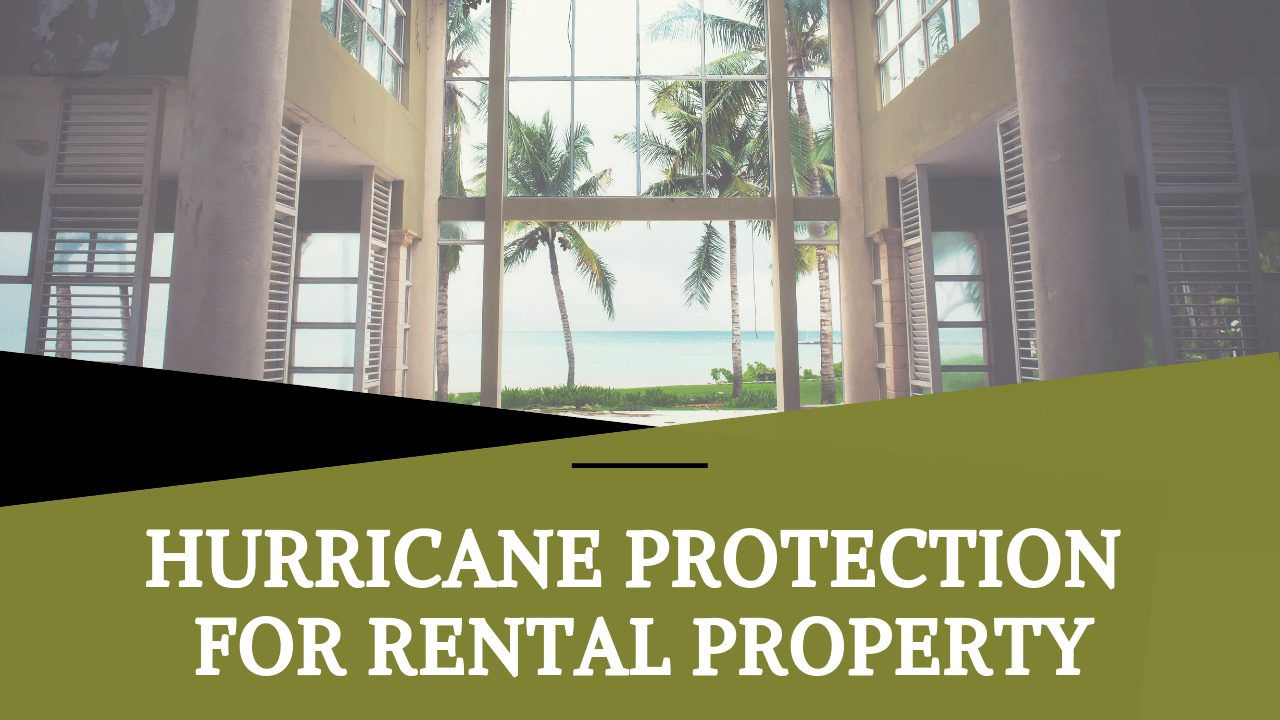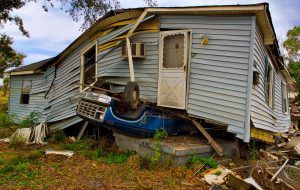With approaching, it’s important that landlords are prepared for a storm and understand what to do in case an evacuation is ordered. While most Floridians are familiar with hurricanes, it’s never a bad idea to brush up on safety procedures for before, during, and after a storm.
Preparing Your Property and Your Tenants
A proactive landlord can help tenants to prepare for hurricane season by sending out an email or newsletter with hurricane protection reminders. Helpful reminders to include are:
- Charging all cell phones, laptops, and other electronics that can be used to communicate.
- Stocking up on water and non-perishable food items.
- Removing furniture from decks and patios.
- Updating emergency contact information.
- Obeying evacuation orders.
- Turning off power and gas before evacuating.
- Not running generators indoors during a power outage.
- Fueling vehicles and generators.
- Replacing batteries.
If there’s likely to be a hurricane or even a tropical storm heading into your area, make sure there isn’t any deferred maintenance on your property which could create additional problems and expenses during and after a weather event. You’ll want to make sure the roof is intact, the gutters are cleaned of leaves, branches, and other debris, and there isn’t anything loose attached to or around the house. If your property is in a condo or an HOA, you’ll want to follow any of the rules and requirements that come from the association.
During the Storm: Staying in Touch
Make sure you know your tenant’s plans, and share your own. If an evacuation isn’t mandatory and your tenants choose to stay in place, you’ll want to be sure they have everything they need to get through a few days without power. This is a good time to gather all of your insurance paperwork in case a claim needs to be made. Give the property a quick check if you’re local before you shelter at your own home or leave town.
It’s a good idea to post periodic storm updates via text message and social media if a hurricane warning is issued. If an evacuation is ordered, landlords must turn off the gas and electricity at all rental units, distribute information regarding evacuation routes and hurricane shelters, and check in with elderly and disabled tenants to ensure they’re able to evacuate. You’ll want to record emergency voicemails for any tenants who may try to reach you. If you’re working with a property management company, make sure all of your efforts are coordinated.
After the Storm: Cleaning up and Assessing Damage















